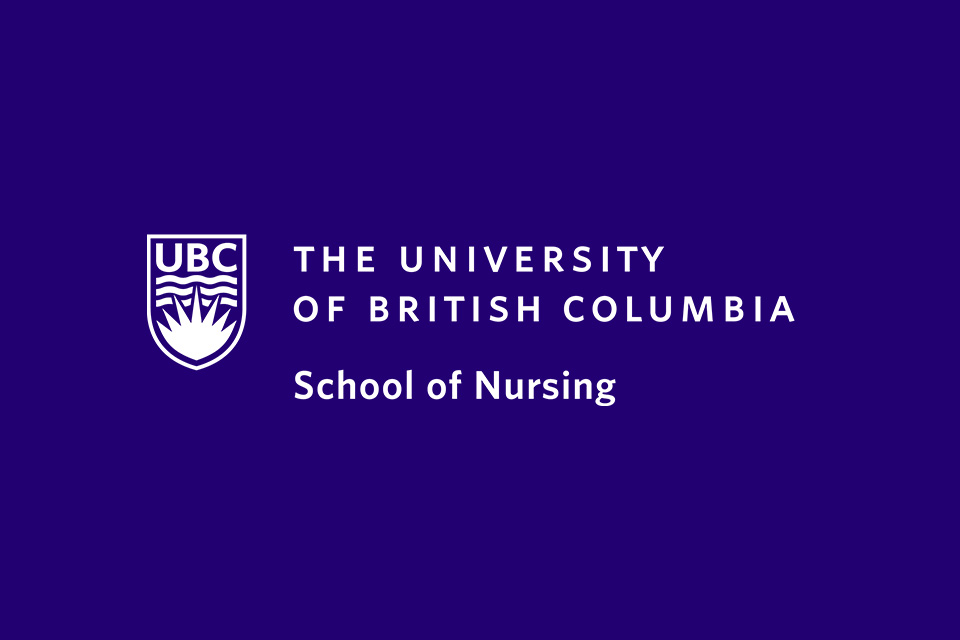
February 10, 2020
On Monday, February 3, Suzanne Campbell held a talk as part of the Women’s Health Seminar Series through The Women’s Health Research Cluster initiative at UBC. UBC is home to some of the most experienced and successful women’s health researchers in the world, and this UBC series features a multidisciplinary network of those researchers including clinicians, community partners, and trainees engaging in women’s health. This initiative is driven by a critical need to study how different physiological experiences (menstruation, pregnancy, menopause) can influence women’s health and treatment, and how gendered experiences and expectations may contribute to some of these issues in health care.
Dr. Campbell’s presentation, “Communicating with new parents about breastfeeding: A health promotion, healthy-equity, patient-centred focus,” discussed the importance of education, support, and resources surrounding lactation and breastfeeding. She places lactation in a global context of health promotion and practice, due to the “incredibly strong cumulative evidence [demonstrating that] breastfeeding is one of the highest impact interventions benefiting children, women, and society.” This topic of women’s health is of great significance for public health, where the goals of preventing disease and prolonging life through the organized efforts of society are key to promoting health. Everyone is responsible for supporting new parents in their infant feeding decisions, whatever they may be.
The purpose of her research is to share insight related to how “we as a society and health care providers communicate with new parents about intimate health decision making like infant feeding within the context of a women’s health issue.” Dr. Campbell defines infant feeding as an intimate care behaviour, and the intimacy often creates taboo in society surrounding breastfeeding and lactation. Despite the evidence for positive health outcomes correlated with breastfeeding for infants and mothers, the number one taboo topic for new mothers is the debate between breastfeeding and bottle feeding. Dr. Campbell shockingly revealed in her presentation that breastmilk substitute companies globally spend 70 billion dollars a year on marketing their products directly at new parents. This is the equivalent of spending 35 dollars annually on every baby born.
“Breastfeeding is the biological norm for infant feeding, but it exists within a social construct and we cannot deny that component. Its rate and practices are determined by the same social determinants that shape health inequalities and inequities.” What determines breastfeeding success? “A woman’s confidence in her own ability to produce milk effects … success and whether they are able to meet their goals or not.” Self-efficacy, as well as trauma-violence, smoking, obesity, and substance use have a more complex relationship with successful feeding. Family member support is also important to success. Building confidence and ensuring that new mothers have everything they need is crucial – even in 2020, not every mother in BC can get support from a lactation consultant.
Dr. Campbell’s presentation has been one of many informative and important research seminars happening at UBC, and you can register for the Women’s Health Seminars. The Women’s Health Seminar Series is continuing February through April, open to any faculty, clinicians, staff and trainees interested in women’s health. All seminars take place on Mondays from 12:00pm – 1:00pm at the Rudy North Lecture Hall (LL 1010) at the Djavad Mowafaghian Centre for Brain Health (CBH). Can’t attend in person? The presentations will be posted so you can watch them online, and past seminars are also available for viewing.
The Women’s Health Research Cluster is also hosting a Women’s Brain Health conference that will take place on Monday, May 11 and Tuesday, May 12, 2020, at the Robert H. Lee Alumni Centre at UBC.
The conference will feature expert speakers who will address a variety of women’s brain health issues and highlight topics such as hormone therapy, mental and cognitive health, menopause, pregnancy, metabolism, and traumatic brain injury.
Abstract submission is now open, and you can submit your abstract(s) until February 20, 2020.
Abstract submissions are invited for poster presentation, hot topics session and young investigators symposium at the conference. Please visit the Abstract submission page for submission information and to submit an abstract.
Early Bird Registration Rate is available until March 10!
For more information on the program, speakers and how to register for the conference, please visit the conference website. Contact womenshealth.res@ubc.ca with any questions.


